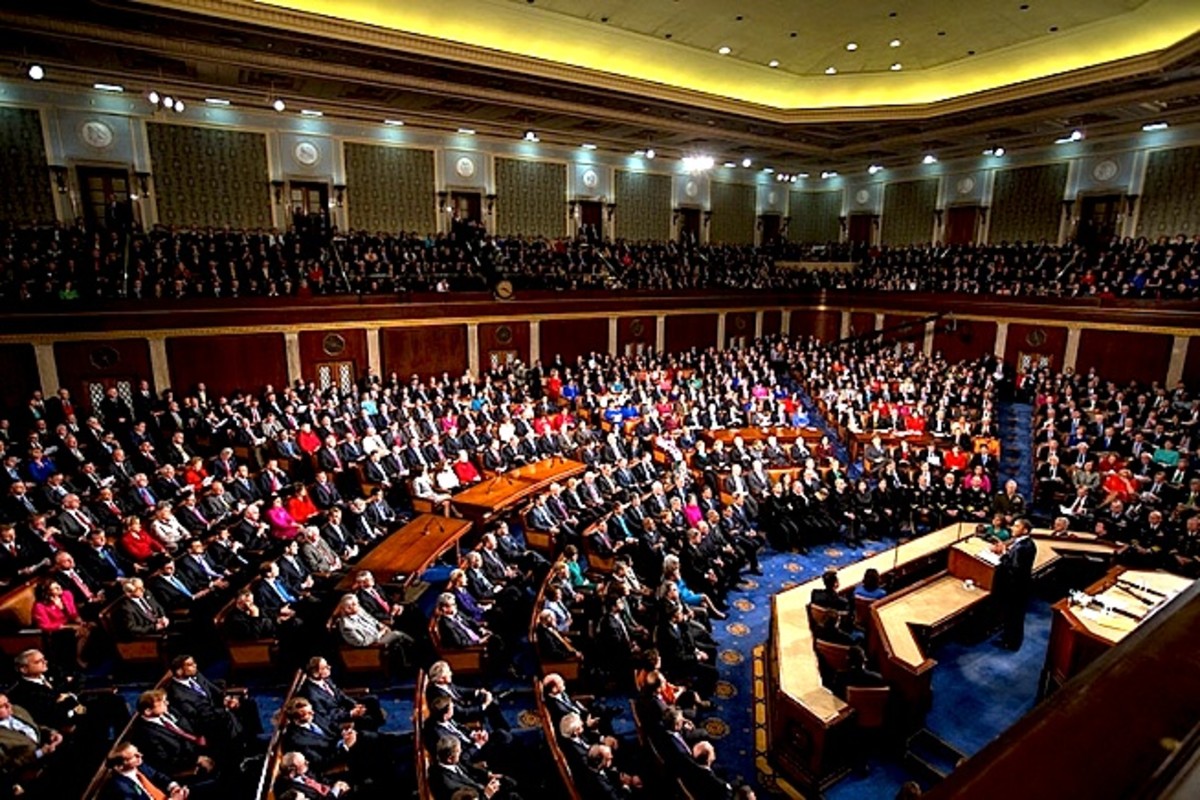Retirement Age - How has Retiring Changed Over the Years?
Some Changes In Retirement Age
Over the last few decades, the face of retirement has changed somewhat. Looking into the future, we all are anticipating all kinds of changes. I think it is good to consider what we can do to make it the best for all people as much as we are able. Age is one main factor that has changed. If your finances can handle retiring early, then more power to you in that. That seems to be the big question, however.
People are retiring earlier than before, very often. The rule of thumb was that people retired at age 65. If you look a bit further back actually, you will find that the general age that people were retiring was 67 years old. That was back in 1950 approximately and surrounding years. The reason behind that age, 65 years old, was that Social Security benefits kicked in at that time. You could receive full benefits from Social Security at age 65. Different workplaces also used the age of 65 years old to be the age that the benefit plans were designed for.

The average age of retirement has changed to be a few years younger. Many retire at age 62 or younger like in one's 50's now. Some go even younger, but that becomes hard to afford for people. Why the changes? There has been some changes in retirement legislation, for one, but also people are shifting how they are paying for their retirements.
Legislation and has contributed to the lower age. Corporate policies also played a part as well. In the seventies and eighties, defined benefit plans were consistently lowering the age at which a participant could receive benefits. By 1983 there were approximately 80 percent of employees that were able to retire with full benefits by the age of 62. At the same time, the number of plans out there that were allowing early retirement at the age of 55 rose from 76 to 85 percent.
*The bottom line? More people are retiring early than what was once considered to be "normal." We see the trend world over, that people want to be younger when they retire. Right now Greece comes to mind, where people were rioting over the idea they move up the retirement age a little. It would still have been quite a bit younger than our 65. When polled, many early retirees mentioned they were hoping to retire early, like around 60 or 61 years old. Somehow they were able to make it happen. One study showed the average age being as low as 59 percent.








